|
Luca Guadagnino’s hot-blooded romances contained plenty of hints that he’d eventually turn to horror. A Bigger Splash and Call Me By Your Name, plus his HBO miniseries We Are Who We Are, all featured attraction so strong, it looked more like compulsion for its teen characters or its adults who act like teenagers. Losing control of oneself in pursuit of sensual delights is a frequent horror theme, and in Guadagnino’s Bones and All, the line between romance and horror is obliterated. The director’s best film yet builds on everything that has made his work so memorable, incorporating sense memory and raw horniness with a grimy creep factor that crawls into the viewer’s brain. Bones and All smells and feels and drips, leaving the viewer no choice but to eat out of Guadagnino’s hand.
0 Comments
Laura Poitras makes documentaries about people fighting against great odds. The transparent rightness of their cause is never enough for her protagonists, some of whom eke out hard-fought victories while others are crushed by the antagonist, which is always the US security state. Her efforts have landed her on government watchlists, adding a second layer of prosecution to what the US wants to keep secret. Documenting the documenters can make one’s life difficult and dangerous. In Poitras’ latest, All the Beauty and the Bloodshed, she steps away from government malfeasance and into the bottomless well of corporate crime. Her vessel into this new world is photographer Nan Goldin, a witness to American repression and cultural rebellion who’s been at the center of major 20th century cultural phenomena. Poitras’ arrangement of Goldin’s life and work is a consciousness-broadening experience, a confrontational redefinition of obscenity and transgression. It’s not the you-are-there reportage of Citizenfour, but a historical journey that, for once, culminates in a victory.
The last time Rian Johnson made a sequel, the studio undid all the work he did on the story and reverted to the status quo in the next and final entry. The complete jumbling of plot in the Disney Star Wars trilogy, which had Johnson leading the pivotal and ultimately unfulfilled middle chapter, remains one of the biggest fumbles in recent big-budget filmmaking, and Johnson has learned his lesson with the creation of a new franchise, albeit one that only retains tone and a central character for this and presumably many other adventures to come. A sequel to 2019’s smash hit Knives Out, Glass Onion brings southern detective Benoit Blanc (Daniel Craig) back for another murder mystery, and though new producer Netflix bungled the release strategy, Johnson is free to do whatever he wants on the production side. The result is a sequel that improves on the original, utilizing all the quirks and tropes of the genre to tell a story about wealth and hubris that smells contemporary but will stay evergreen thanks to a neverending supply of overconfident billionaires.
After seventeen years, Todd Field finally returns to filmmaking with Tar, the objective masterpiece of 2022. Only Field’s third film, Tar comes in the footsteps of In the Bedroom and Little Children, both literary adaptations about the sins lurking beneath their ostensibly happy Americana settings. In Tar, Field’s first original screenplay, the same basic theme applies but there’s nothing normal or average about the film’s towering protagonist. Cate Blanchett gives what could be the best performance in her storied career as Lydia Tar, an elite conductor beloved by high society but haunted by all the personal and professional landmines she’s planted in her life. As those landmines begin to detonate, the rarefied air that she’s been living in becomes a toxic cloud, brought on by her own manipulations and arrogance. For 158 immaculate minutes, Field and Blanchett keep the viewer rapt and devoted to the political minutiae of classical music as one of its brightest stars comes crashing back to earth.
The nicecore subgenre gets a stop-motion entry with Marcel the Shell With Shoes On, though this one’s a little more melancholic, befitting its A24 production company. Adapted from the web shorts, Dean Fleischer Camp and Jenny Slate give a feature length vehicle to their adorable little guy. The film’s title gives a physical description of the character, but the film provides so much more about his life and how he interprets a world that’s bigger and more dangerous than it is for the occasional human he interacts with. Featuring fantastic voice performances from an unrecognizable Slate and an instantly recognizable Isabella Rosselini as Marcel’s grandmother Connie, Marcel the Shell With Shoes On is 2022’s can’t-miss movie, such that a person doesn’t exist who wouldn’t be amused or moved by this smart and perceptive piece of filmmaking.
 By Jon Kissel In 2022, the last remaining shreds of pandemic-delayed movies trickled into theaters, otherwise known as places that might be destined for the bulldozer. Major chain Regal/Cinemark is in the middle of bankruptcy proceedings and AMC's stock price has returned to its pre-wallstreetbets lows. In my neck of the woods, Atlanta's beloved Regal Tara theater has closed, though the continued thriving of the independent Plaza theater is a bright spot thanks to a combination of expanded screens, repertory shows, and local partnerships. Compounding the concern for film is the looming collapse of streaming services thanks to increased borrowing costs and oversaturation. The days of a streamer throwing nine figures at an esteemed director seem to be ending as surely as they did for traditional studios. All those bad omens haven't reached the movies themselves. The key takeaway from the biggest films of 2022 was the value of earnestness, as demonstrated onscreen and by box office returns. Top Gun: Maverick and Avatar: The Way of Water both eschewed the tongue-in-cheek irony of the year's subpar-to-terrible MCU offerings, perhaps signaling the end of meaningless that-just-happened script punch-up that increasingly robs superhero pap of any emotional weight. Everything Everywhere All at Once spends its last act begging audiences for kindness, receiving ecstatic praise and breeding the kind of strident fandom that's allergic to kindness. While my favorites of a given year are always going to trend towards the dark and the cynical and the anti-earnest, it's notable how the year's biggest successes aimed less for messages and more for happiness, and not the kind that evaporates like a sugar high as soon as the lights go up. This year wasn't a great one in my estimation, but it does give me hope that stagnant creative trends might be reversing even as financial ones look more and more dire. As long as the French keep funding their genius auteur's pet projects, we should be ok. In John Patton Ford’s gritty crime drama Emily the Criminal, the titular character, played by Aubrey Plaza, is given the opportunity to describe her flailing economic status. One can imagine Ford turning over in his head exactly how much student debt she should have. The number arrived at is nothing to shirk at, but not so much that Emily should feel crushed by it. It’s manageable, or it would be if she could find something that paid better and if an employer could also overlook a youthful felony conviction. Emily the Criminal isn’t a class-based screed or a manipulative piece of poverty porn, but a complicated character study about the limited aspirations available to a person trapped by her earlier decisions. If the world wants to treat Emily like an untrustworthy person capable of little more than fraud and graft, then she’ll lean into it.
Robert Eggers has made a distinctive name for himself after three period-set movies by submerging the audience in whatever bleak era of history he’s chosen to play in. This applies not only on the costuming/production design level, but in the minds of the characters themselves. Their fears and superstitions are ratified by the events of the film. Their vision of morality and cosmology is depicted without modern judgment. The viewer is a visitor to a world inhabited by humans but a version of humanity completely alien to contemporary values. Eggers has honed a form of time travel, and with The Northman, the illusion is all-encompassing. With a budget far greater than what Eggers had with The Witch and The Lighthouse, every dollar is onscreen in a grim fantasia that is thrilling in its bone-deep commitment to its premise.
Rick and Morty’s been cranking out episodes for years, and amidst its fast food cross-promotions and raunchy brand of science fiction, Dan Harmon and Justin Roiland have made the ur-multiverse text. They seem to be the only film/TV writers that are engaging with what it would mean if infinite possibilities existed and were within one’s grasp. Marvel’s attempts to do anything with the concept look shameful and pathetic next to Rick and Morty’s imagination. Daniel Kwan and Daniel Scheinert, otherwise known as Daniels, come closest with their gonzo sci-fi epic Everything Everywhere All At Once, a film so packed with large- and small-scale ideas that if one’s not working, the viewer need only wait a minute for a new one to be introduced. This kitchen sink approach makes for a singular moviewatching experience, though the takeaway still comes off as less-than if the viewer’s head contains dozens of episodes of a portal-gun wielding scientist and his grandson cavorting through the multiverse.
With the showstopping period romance Portrait of a Lady on Fire, Celine Sciamma moved away from the empathetic coming-of-age dramas that she started her career with. After spending time in pre-revolutionary France, Sciamma realized she has much more to say about childhood in Petite Maman, a film that packs an absurd level of transporting detail in its mere 72 minutes. Every scene has another flawlessly imagined corner of a kid’s brain, more perceptive than adults give it credit while still easily entertained with made-up games and silliness. This exists next to technical brilliance, most embodied by a smash cut worthy of being mentioned in the same breath as Lawrence of Arabia. Portrait of a Lady on Fire is a hard film to top, but placing another instant masterpiece so close behind it makes Sciamma one of the world’s best working directors.
|
Side PiecesRandom projects from the MMC Universe. Categories
All
Archives
April 2023
|
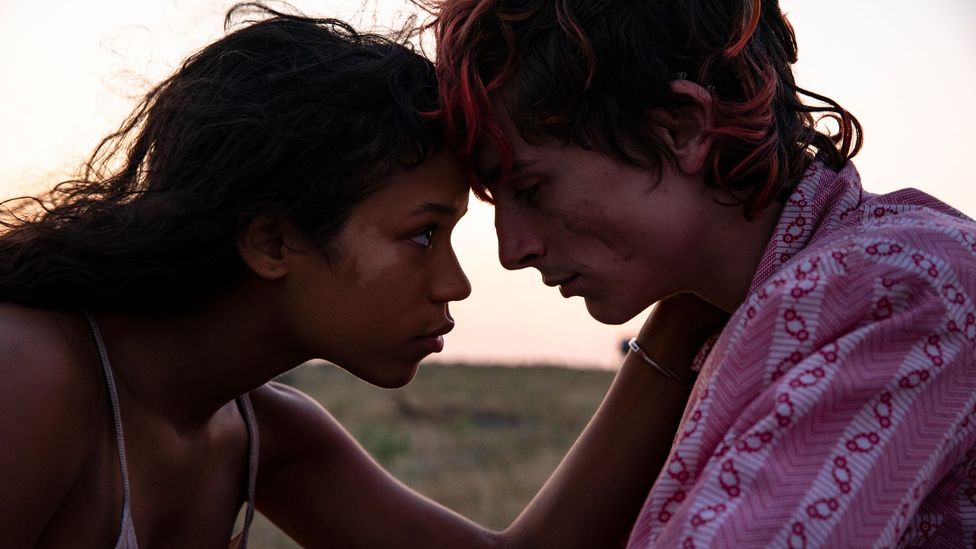

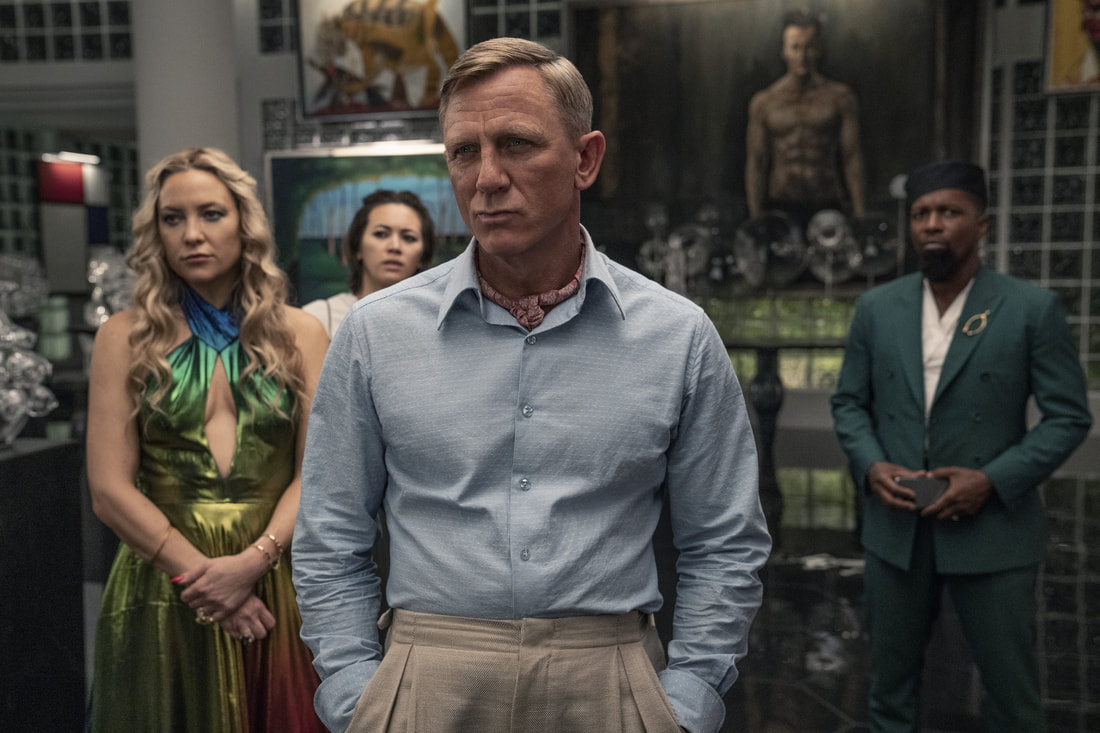
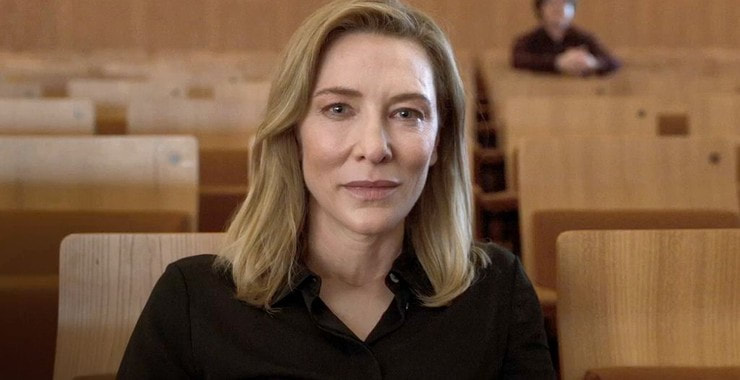

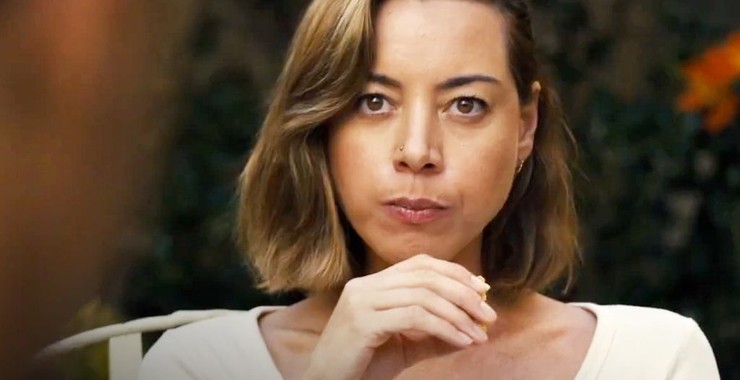

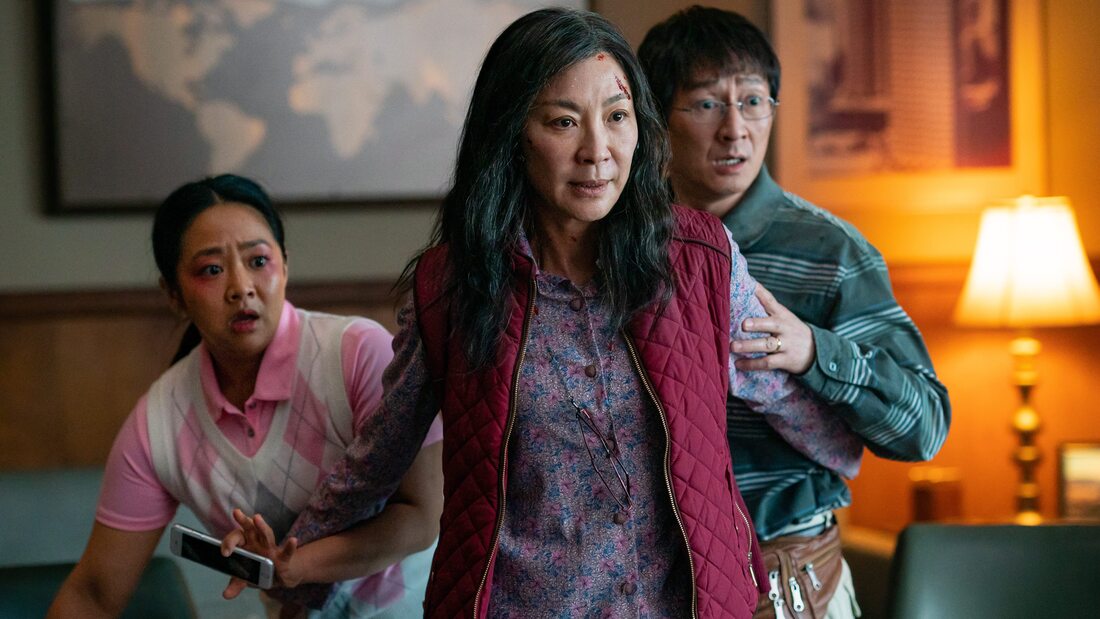
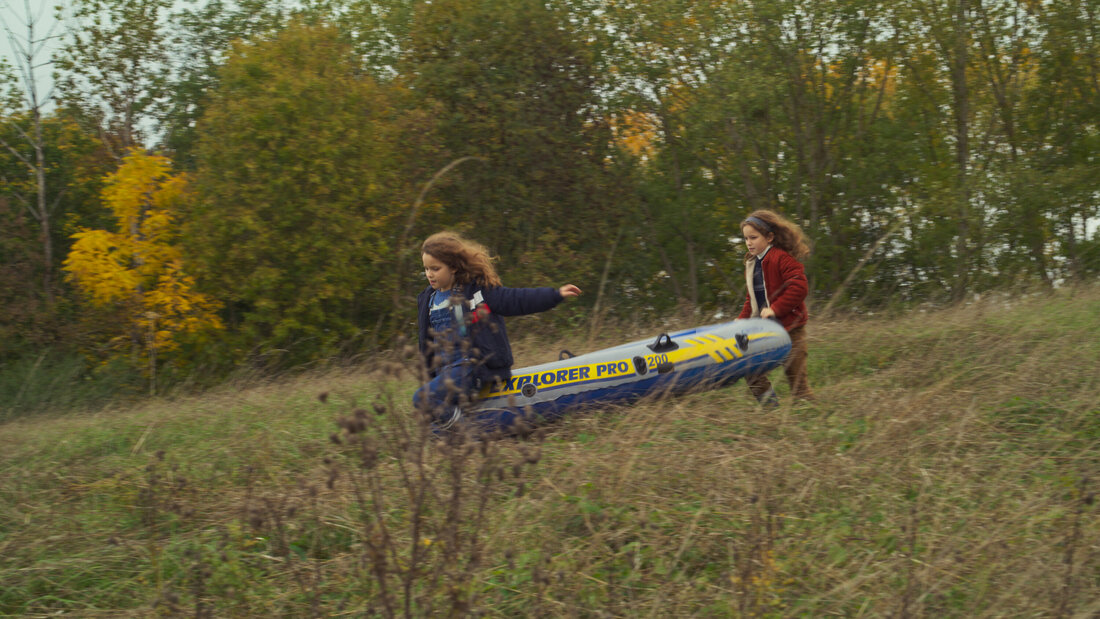
 RSS Feed
RSS Feed